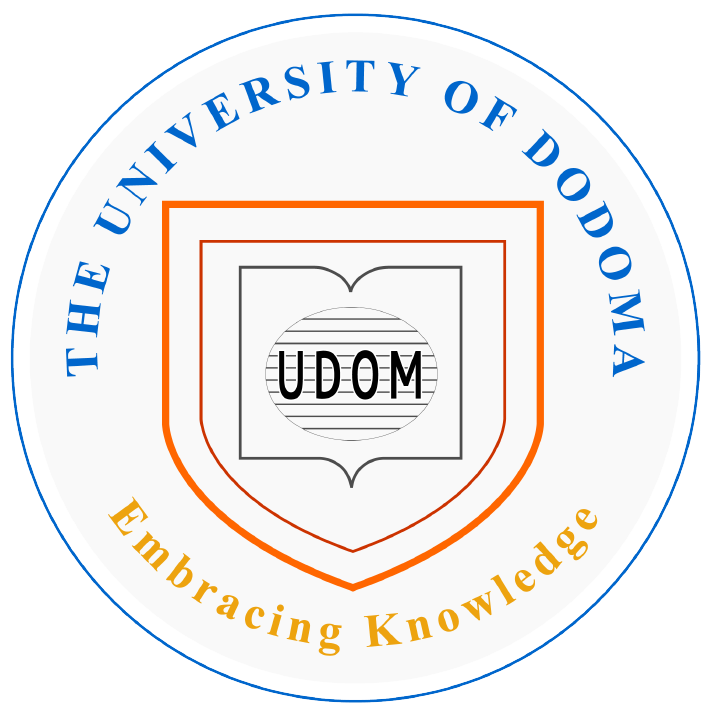Abstract
Small-scale mining sub-sector employs thousands of local Tanzanians. However, the laws and government officials have neglected this sub-sector for a long period. Small scale mining has been associated with environmental pollution, smuggling of minerals and labour exploitation. Early mining legal reforms that took place in the 1990s resulted in small-scale miners being forcefully evicted to provide areas for large-scale mining. However, large-scale mining is yet to yield the expected benefits, despite being most favoured by the government of Tanzania for a long period. For this reason, Tanzania's mining laws have been experiencing reforms from time to time. The reforms in the mining legal regime do not only affect large-scale mining. Small scale mining also suffers the effects of the legal reforms that take place frequently. Therefore, this study examines the state of the law on small scale mining in Tanzania, tracing its history from colonial period to present. In doing so, this article also examines the legal challenges brought by mining legal regimes to small scale mining industry from time to time and related prospects. The article argues that despite several reforms in the Tanzania mining legal regime, small scale mining industry has continued to suffer various legal challenges. These challenges include lack of tenure security, uncontrolled discretionary powers given to the Minister responsible for minerals and lack of consultation of small-scale miners.
